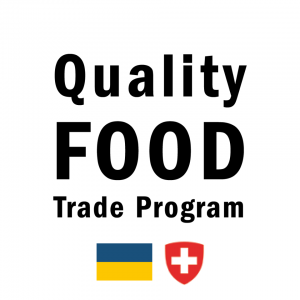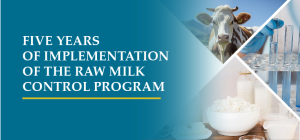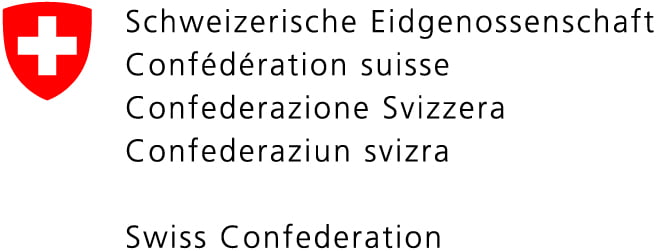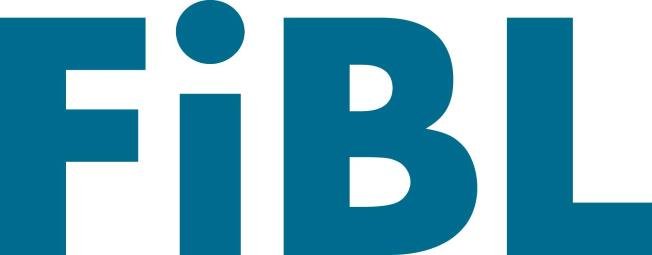Improving the quality of raw milk is a key indicator of dairy sector development. For five years now, Ukraine has been implementing the Raw Milk Control Program, which aims to support risk-based control procedures equivalent to those of the European Union (EU) through periodic checks of raw milk by the competent authority.
The Program was launched on February 15, 2019 the Concept for the implementation of the Pilot Project in Vinnytsia, Mykolaiv, Poltava, and Kharkiv oblasts was approved by the State Service of Ukraine for Food Safety and Consumer Protection (SSUFSCP).
Since July 2021, additional territorial bodies of the SSUFSCP, laboratories, and food business operators from all oblasts of Ukraine have gradually joined the Pilot Project based on the updated Concept.
A key milestone was the development and approval of the Roadmap for the implementation of the Raw Milk Control Program, on January 05, 2022.
Continuous support for the development of the Raw Milk Control Program is provided by the Swiss-Ukrainian Program “Higher Value Added Trade in the Organic and Dairy Sectors in Ukraine” implemented by the Research Institute of Organic Agriculture (FiBL, Switzerland) in partnership with SAFOSO AG (Switzerland).
During these 5 years, the regulatory framework was developed to approximate state control procedures to the requirements of EU legislation and introduce traceability in terms of record keeping and data exchange on laboratory test results using the Dairy Module. Standard operating procedures have been developed for raw milk sampling, for state inspectors’ actions when receiving Dairy Module notifications about non-compliance of raw milk, and for actions following the detection of inhibitors.
“The Raw Milk Control Program is extremely important for monitoring the progress of milk quality in Ukraine. Today we celebrate 5 years since its launch. Everyone understands that the implementation of this Program is an extremely difficult process in normal conditions, but during the war, we managed to even scale it up. We were greatly helped by the Roadmap for the implementation of the Program, which helped to unite all stakeholders, the private and public sectors. This is an important tool that allowed us to define areas of responsibility and direction and expand the Program to the national level. There is still a lot of work to be done, but we already have a lot to be proud of,” said Manon Schuppers, international expert of the QFTP Program, Co-CEO of SAFOSO AG.
With the support of Switzerland, the material and technical base of the SSUFSCP’s laboratories involved in the Raw Milk Control Program has been improved: equipment for testing was purchased for 25 laboratories, support was provided for accreditation in accordance with the requirements of DSTU ISO 17025 for 5 laboratories, and equipment was calibrated for 5 laboratories. QFTP also organized participation in proficiency tests to determine total bacterial count for 41 laboratories, somatic cell count for 36 laboratories, and inhibitors for 20 laboratories.
Together with public and private partners, 35 events were held to raise awareness of milk and dairy food business operators about the implementation of new requirements for milk quality and safety, and about the importance of continuous monitoring of data on milk testing at both national and regional levels.
Over the years, a clear trend of improving the quality of raw milk in Ukraine has been recognizable. This is evidenced by the evaluation of laboratory test results in the progress reports on the implementation of the Raw Milk Control Program for 2021 and 2022.




